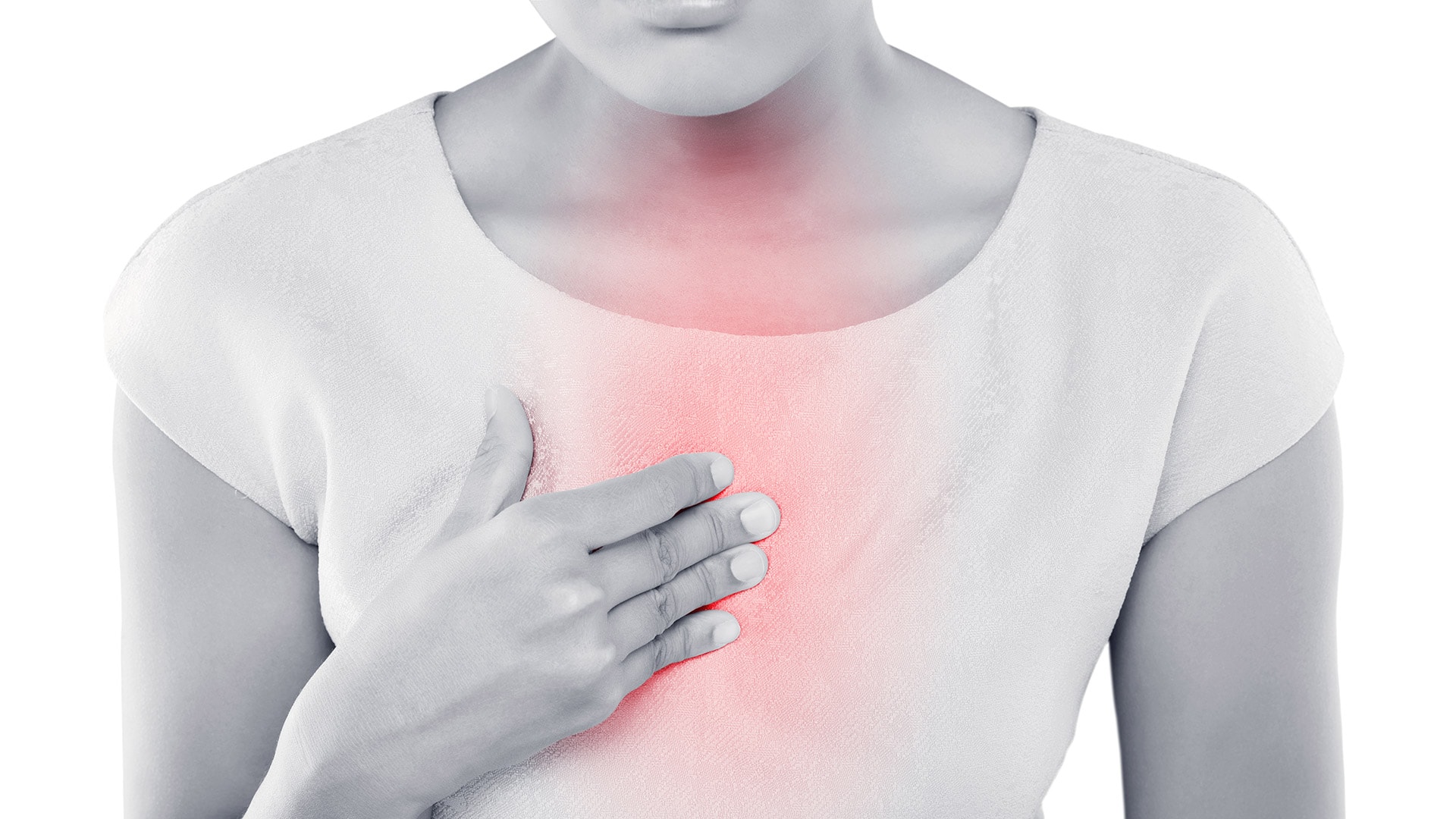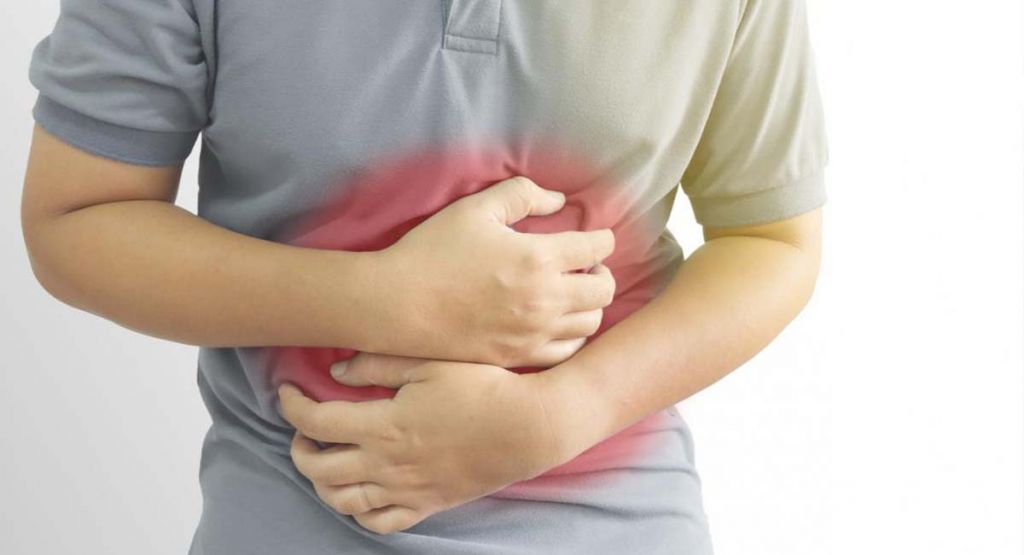Gastroesophageal reflux is the passage of gastric contents, including acid, from the stomach to the oesophagus. Gastroesophageal reflux become a disease, also known as GERD when this blackwash of gastric contents becomes symptomatic causing an inflammation of the oesophageal mucosa (internal oesophagus layer). The GERD symptoms are: heartburn, Chest pain, regurgitation, sensation of a lump in the throat, swallowing difficulties, persistent cough.
Gastroesophageal reflux

Coeliac disease
Coeliac disease, or gluten-sensitive enteropathy is a complex immune-mediated disorder that affect the small bowel. In patient with coeliac disease the immune system causes damage to the small bowel by sensitivity to dietary gluten. The typical symptoms or coeliac disease are: diarrhoea, abdominal pain, weight loss, iron deficiency anaemia.

Diarrhoea
Diarrhoea is defined as three or more bowel motions in 24 hours with increased water stool content (Bristol chart 5–7). Diarrhoea is defined as acute when it persists for less than 14 days and is chronic for more than 30 days. If diarrhoea resolved between 14 to 30 days it is then defined as persistent diarrhoea. The most common cause of diarrhoea is generally infective in nature.

Constipation
Chronic constipation is one of the most frequently occurring gastrointestinal condition. It occurs when the bowel movements are infrequent (usually less than 3 a week) or in case of persistent difficult passage of stools. Chronic constipation can be associated with abdominal pain, bloating and blood in the stools. A colonoscopy should be considered in case of chronic constipation in adults.

Dysphagia
Dysphagia is a difficulty swallowing that can related to solids and liquids. Dysphagia represents an alarming symptom requiring urgent evaluations and investigations including an esophagogastroduodenoscopy. It can be caused by structural oesophageal abnormality, inflammation, reflux and motility disorder.

